ACU vice-chancellor summit 2024
15th May 2024
10:00-20:00
Central Hall Westminster, Storey's Gate, London, SW1H 9NH
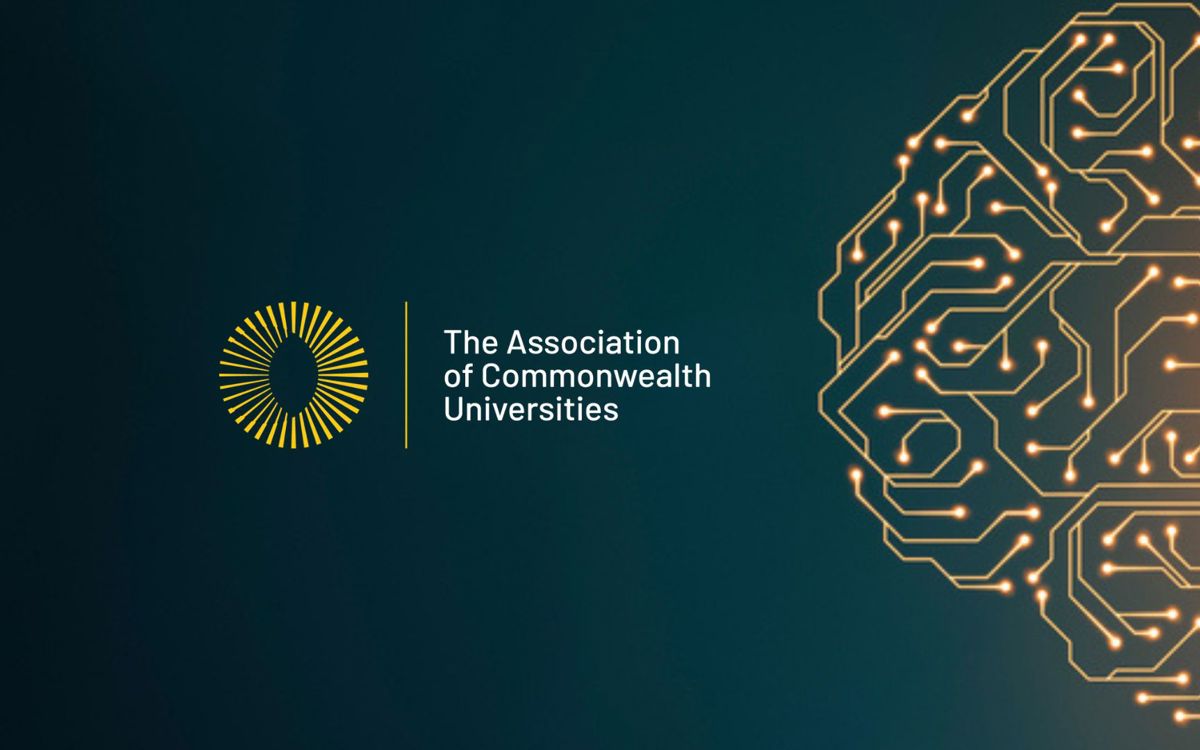
Join us on 15 May for the ACU vice-chancellor summit 2024: charting the future of higher education through funding, employability, excellence, and the digital frontier - a series of strategic HE policy discussions with university vice-chancellors and ministers from across the Commonwealth.
This in-person event, open exclusively to ACU member vice-chancellors, will explore some of the most pressing issues facing universities and vice-chancellors today through a series of closed-door roundtables, covering topics including higher education funding, research management, and the implications of AI.
Outcomes from these dialogues will feed into the Conference of Commonwealth Education Ministers (CCEM) meeting in London on 16-17 May 2024. The ACU will be representing its members at CCEM through the new ACU-led Commonwealth Higher Education Taskforce.
The ACU vice-chancellor summit 2024 will provide an opportunity for attendees to contribute to high-level policy discussions and network with fellow vice-chancellors, policymakers and international higher education stakeholders from around the Commonwealth.
The ACU summit will open with a keynote speaker, followed by policy discussions and speakers throughout the day, culminating with an evening reception attended by Commonwealth, parliamentary and sector stakeholders.
Please note that this is an in-person and by invitation only event. Unfortunately we are unable to offer financial support for travel, accommodation or visas. For event queries please contact: events@acu.ac.uk
|
Time |
Event activity |
|
10:00 - 10:30 |
Registration and networking (refreshments served in the Foyer - Lower Ground) |
|
10:30 – 10:40 |
Welcome (Aldersgate & Conservatory Room - Lower Ground)
|
|
10:40 – 11:15 |
Morning keynote (Aldersgate & Conservatory Room - Lower Ground) Ministerial addresses
|
|
11:15-11:35 |
Break |
|
11:35 – 13:00 |
Morning breakout sessions
|
|
13:00 – 14:00 |
Lunch |
|
14:00-14:05 |
Welcome and introduction of next speaker (Aldersgate & Conservatory Room - Lower Ground) |
|
14:05 – 14:30 |
Afternoon keynote (Aldersgate & Conservatory Room - Lower Ground)
Ministerial address |
|
14:30 – 15:45 |
Afternoon breakout sessions
|
|
15:45-16:05 |
Break |
|
16:05 – 17:05 |
Panel discussion and Q&A (Aldersgate & Conservatory Room - Lower Ground) Panel members
|
|
17:05-17:30 |
Networking and break |
|
17:30 – 20:00 |
Evening reception (Foyer - Lower Ground) Speeches to start at 18:00 Speakers
|
Confirmed speakers

Professor Colin Riordan
Secretary General and Chief Executive, ACU

Dr Ezekiel Machogu
EGH, Cabinet Secretary for Education, Kenya
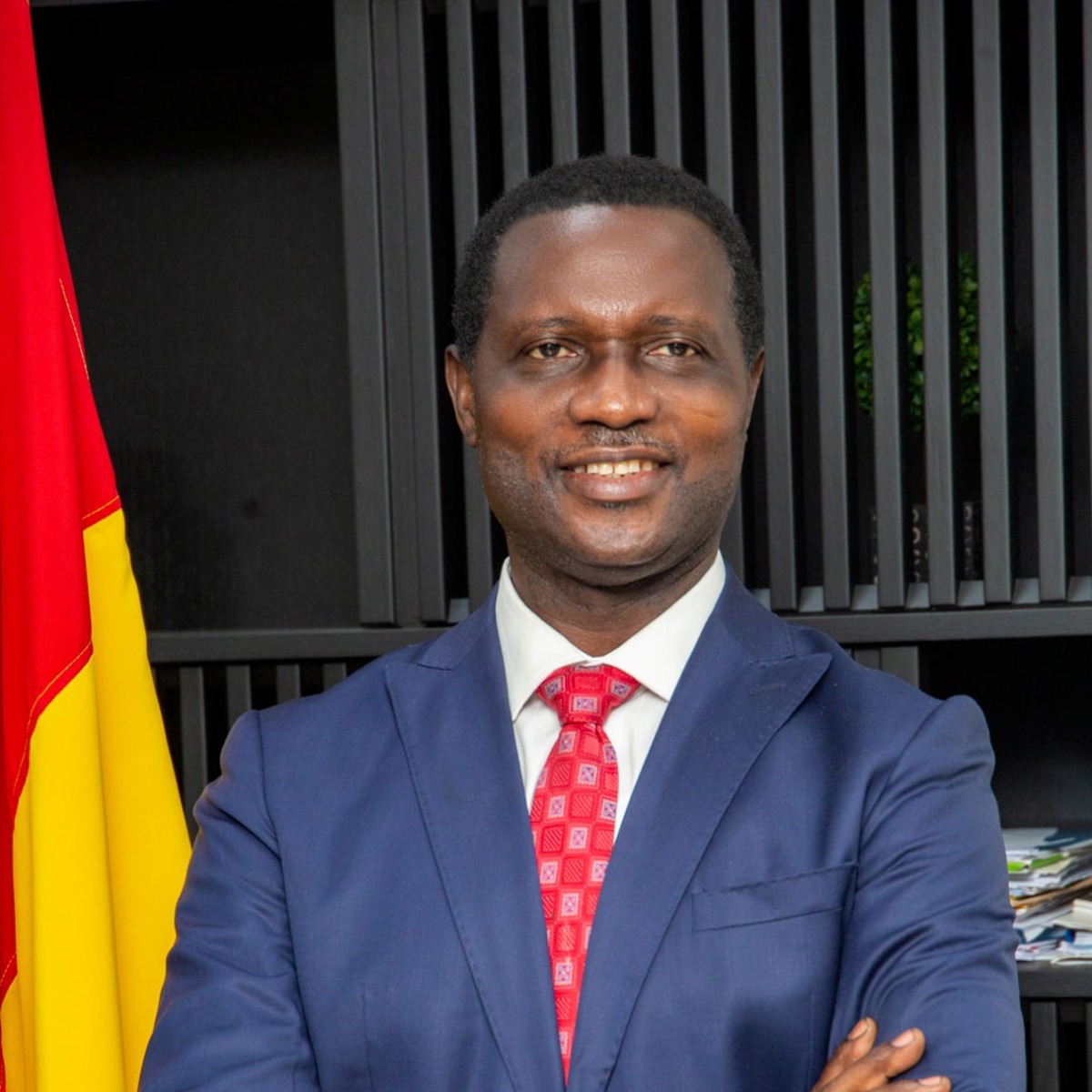
Hon Dr Yaw Osei Adutwum (MP)
Minister for Education of the Republic of Ghana and Ghana Commission for UNESCO Chairman
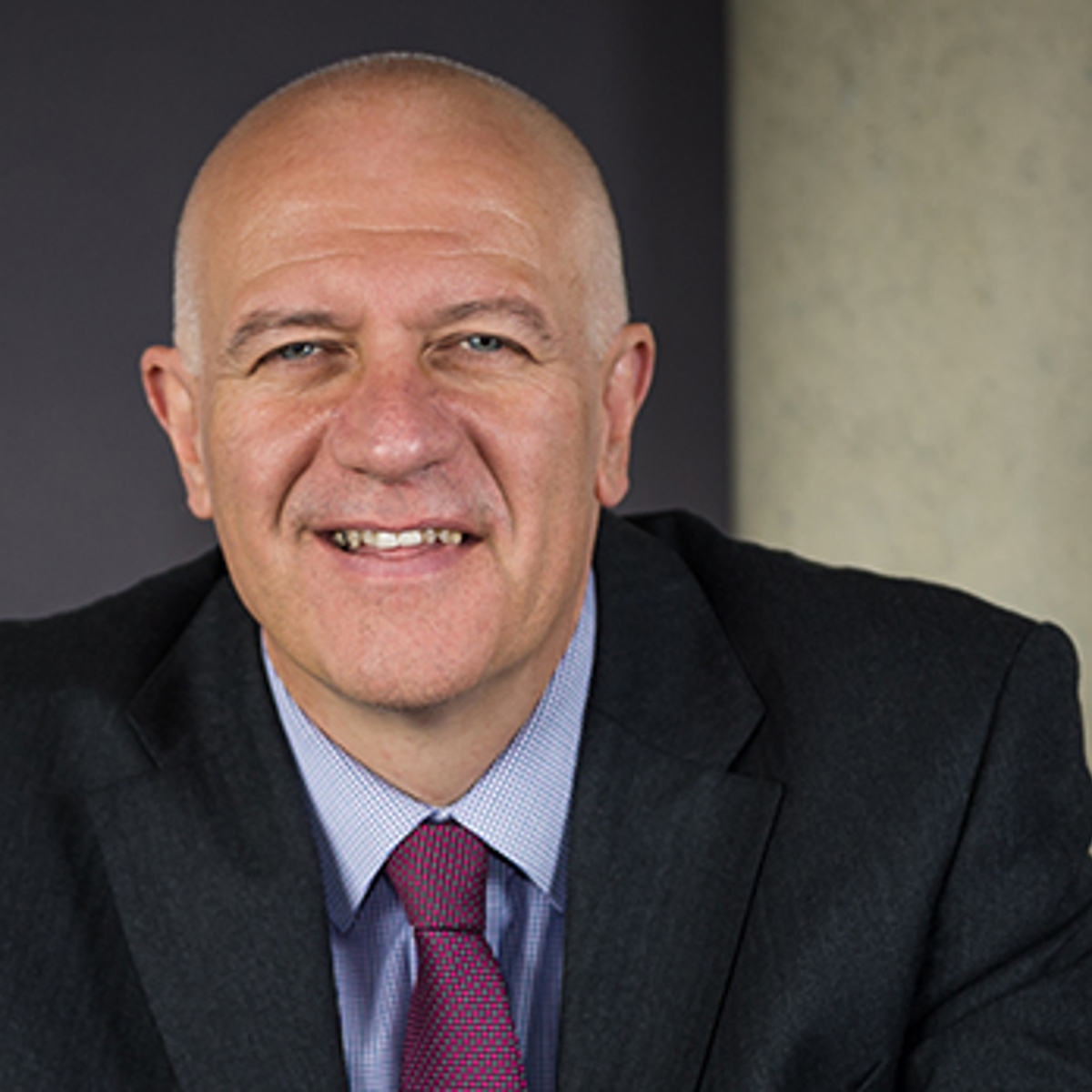
Bill Rammell
President, Zoom Abroad and Former UK Higher Education Minister

Professor Sir Hilary Beckles
Vice-Chancellor, the University of the West Indies, Jamaica
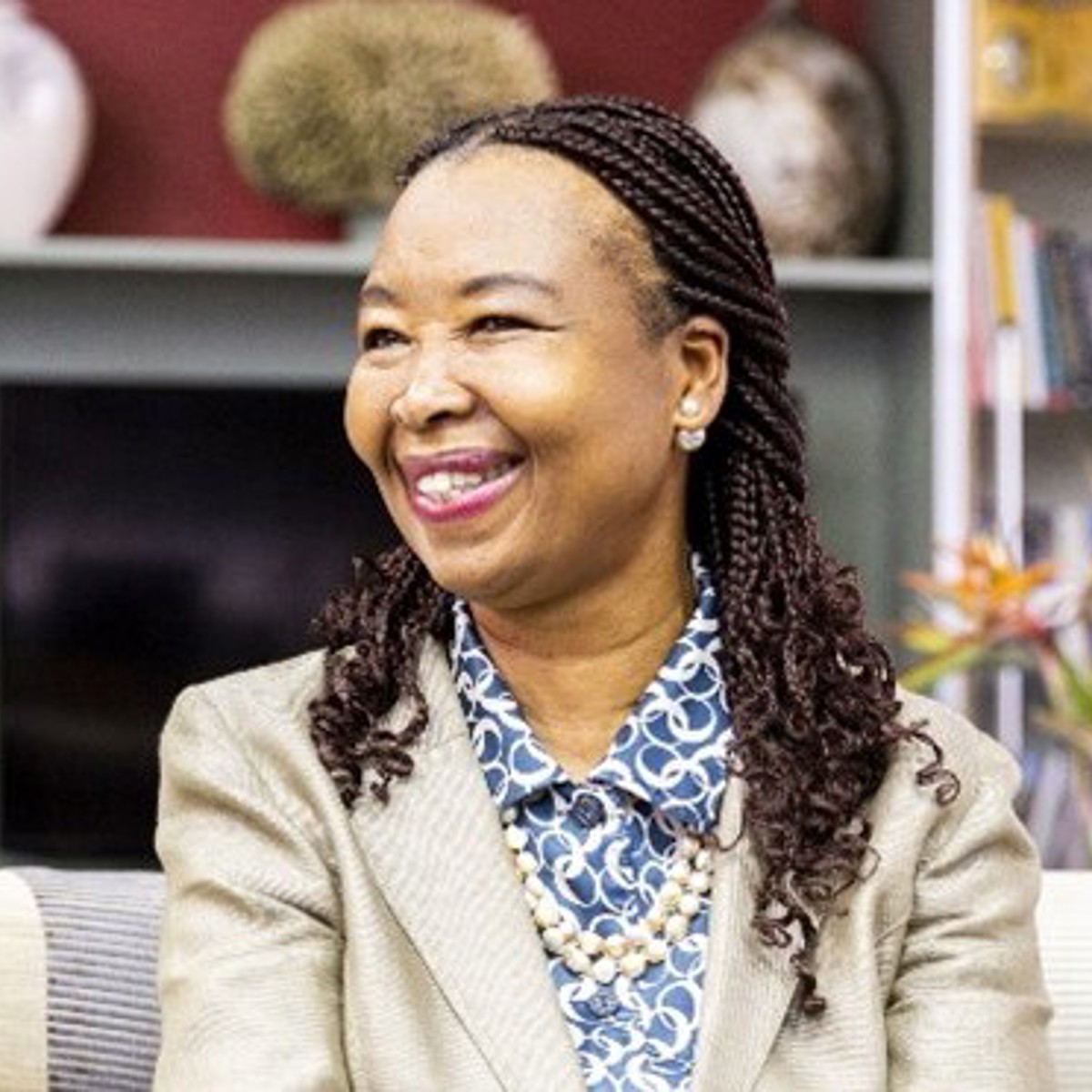
Professor Sibongile Muthwa
Vice-Chancellor, Nelson Mandela University, South Africa

Professor Rhonda Lenton
President and Vice-Chancellor, York University, Canada
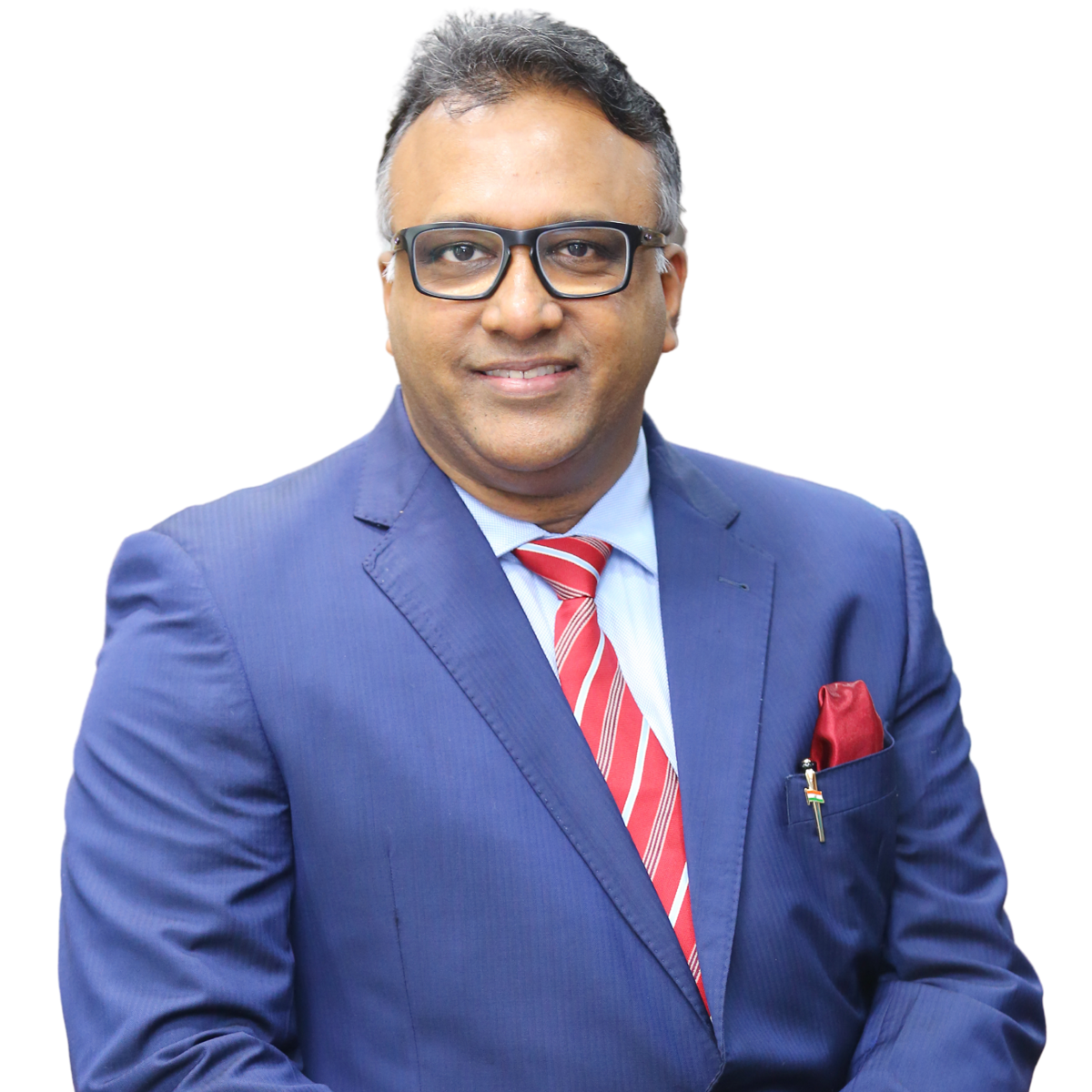
Professor C Raj Kumar
Vice-Chancellor, O.P. Jindal Global University, India

Baroness Diana Barran MBE
Parliamentary Undersecretary of State, Department for Education, UK
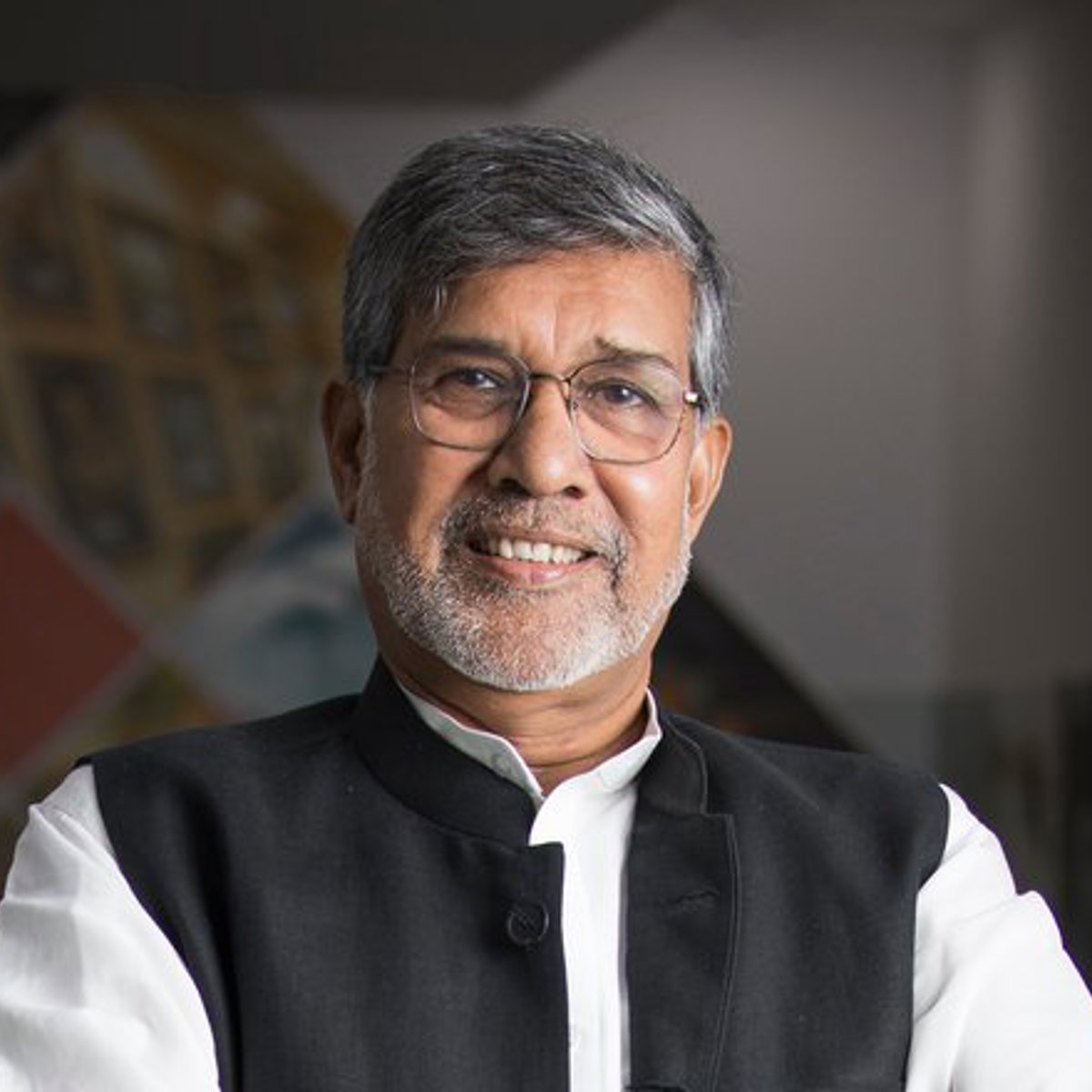
Mr Kailash Satyarthi
Nobel Peace Laureate and Founding President, Global Campaign for Education
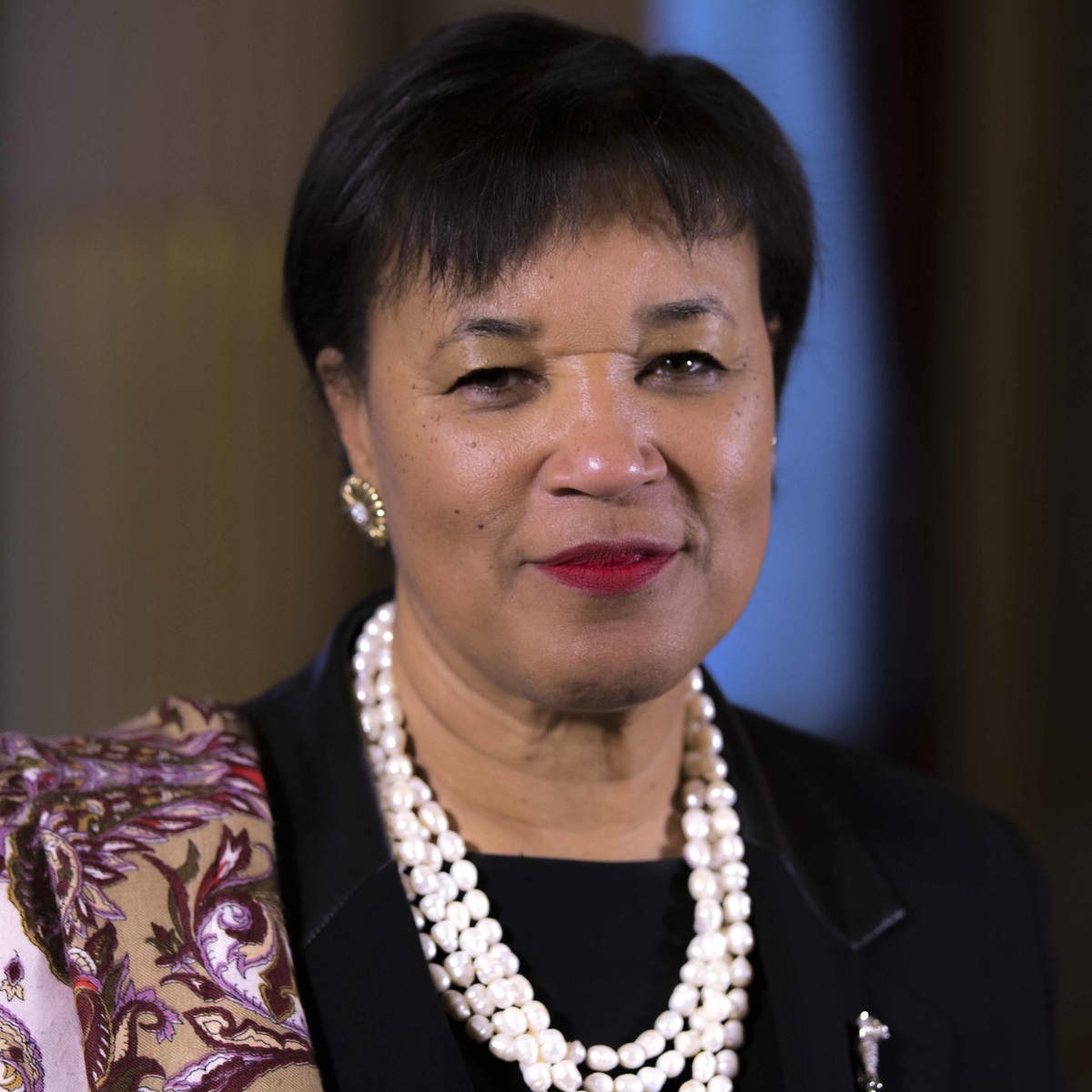
Rt Hon Patricia Scotland KC
Commonwealth Secretary-General
Chairs

Dr Gavan Conlon
Partner, London Economics

Lord Ranger of Northwood
UK House of Lords and President, Tech UK

Professor Wendy Thomson CBE
Vice-Chancellor of the University of London

Moses Oketch
Professor of International Education Policy and Development, University College London, UK

